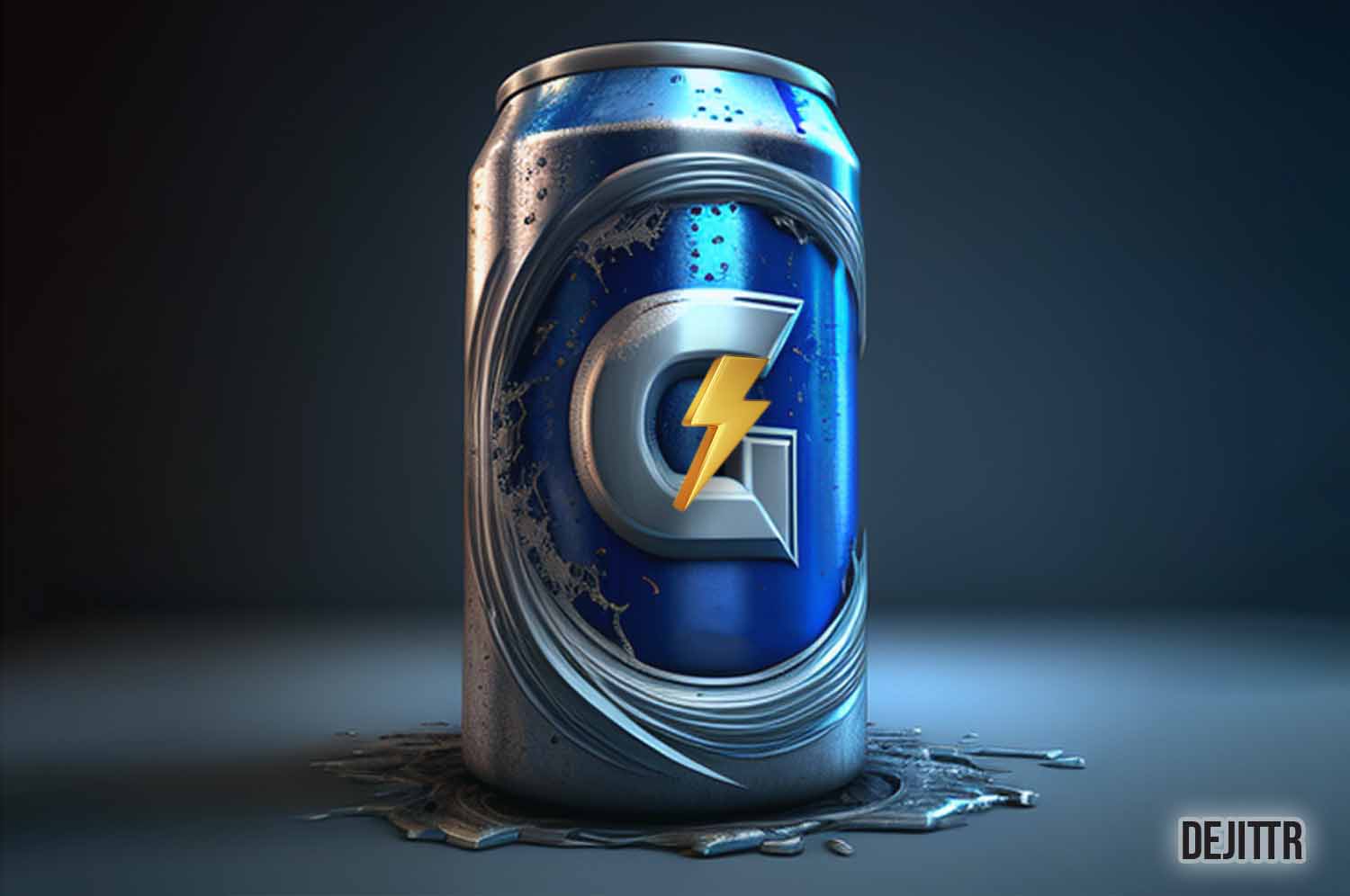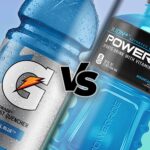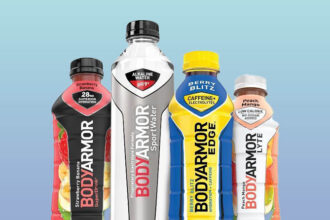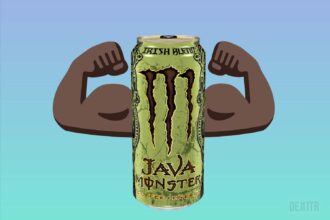If you’ve ever played sports or worked out at the gym, chances are you’ve heard of Gatorade. This popular sports drink has been around for over 50 years and has become a household name for athletes and fitness enthusiasts alike. However, there has been some debate over whether Gatorade should be classified as an energy drink. In this blog post, we’ll dive into the details to settle the debate once and for all.
Key Takeaways:
Gatorade is not an energy drink because its primary function is to hydrate and replenish fluids lost during physical activity, not to provide a quick energy boost. While some versions of Gatorade contain caffeine, most of the company’s products are marketed as sports drinks that contain carbohydrates and electrolytes, which provide energy to the body in a different way than stimulants like caffeine. Therefore, Gatorade’s primary purpose is to aid in hydration and improve athletic performance, not to provide a source of energy like traditional energy drinks.
Read on for more details on sports drinks vs. energy drinks.
What Are Energy Drinks?
Before determining whether Gatorade can be classified as an energy drink, we need to understand what energy drinks are. Energy drinks are beverages that contain caffeine, taurine, and other ingredients that are intended to boost energy and improve mental focus. These drinks are often marketed to students, athletes, and other individuals who need a quick energy boost to stay alert and focused.
What Is Gatorade?
Gatorade, on the other hand, is a sports drink that was developed in the 1960s to help athletes stay hydrated during intense physical activity. The drink was created by a team of researchers at the University of Florida who were studying ways to improve athletes’ performance in hot and humid weather. Gatorade contains water, sugar, salt, and electrolytes such as potassium and sodium, which help to replenish fluids lost through sweat.
The Ingredients Debate
Now that we know what energy drinks and Gatorade are, let’s take a closer look at their ingredients. As we mentioned earlier, energy drinks typically contain caffeine and taurine, which are both stimulants that can increase heart rate and blood pressure. Gatorade, on the other hand, does not contain these ingredients. Instead, it contains carbohydrates and electrolytes, which are intended to replenish fluids and provide energy to the body.
While some versions of Gatorade do contain caffeine, these products are marketed as energy drinks rather than sports drinks. The majority of Gatorade products do not contain caffeine, and the company’s marketing focuses on hydration and electrolyte replenishment rather than energy-boosting effects.
So, Is Gatorade an Energy Drink?
Based on the ingredients and marketing of Gatorade, it is safe to say that Gatorade is not an energy drink. While some versions of Gatorade do contain caffeine, the vast majority of the company’s products do not. Instead, Gatorade is marketed as a sports drink that is intended to help athletes stay hydrated and replenish fluids lost during physical activity.
That being said, it’s important to note that Gatorade can provide a source of energy to the body in the form of carbohydrates and electrolytes. These nutrients can help to improve athletic performance and prevent dehydration during intense physical activity.
List of Common Ingredients Found in Energy Drinks & Sports Drinks
Here is a list of common ingredients found in energy drinks:
- Caffeine
- Taurine
- Guarana
- B vitamins
- Ginseng
- Sugar
- Artificial sweeteners
- Carbonated water
- Sodium
- Potassium
- Amino acids such as L-carnitine, L-arginine, and creatine.
It’s important to note that not all energy drinks contain all of these ingredients, and the amount and combination of ingredients can vary between brands and products. Some energy drinks may also contain other additives or herbal ingredients not listed here.
Here is a list of common ingredients found in sports drinks:
- Water
- Electrolytes, such as sodium and potassium
- Carbohydrates, typically in the form of sugar or glucose
- Vitamins, such as vitamin C and B vitamins
- Flavorings, such as fruit extracts or artificial flavors
- Coloring agents
- Citric acid or other acids to balance the flavor and pH level.
It’s important to note that the specific ingredients and amounts can vary between brands and products, and some sports drinks may contain additional ingredients like amino acids or caffeine. The primary function of sports drinks is to hydrate and replenish fluids lost during physical activity and provide energy through carbohydrates and electrolytes.
Why Are Sports Drinks in Bottles and Energy Drinks in Cans?
There are a few reasons why sports drinks are typically sold in bottles and energy drinks are commonly sold in cans:
- Convenience: Sports drinks are often consumed during physical activity, such as while running or cycling. Bottles are easier to carry and drink from while on-the-go, as they are less likely to spill or slosh than cans.
- Volume: Sports drinks are typically sold in larger volumes than energy drinks, with bottles ranging from 12 to 32 ounces. Cans of energy drinks, on the other hand, are usually sold in smaller sizes, around 8 to 16 ounces.
- Marketing: Over time, energy drinks have become associated with young adults’ “grab-and-go” lifestyle and are marketed as a quick and convenient energy source. Cans are often more portable and visually striking, which can help attract consumers who are looking for a quick pick-me-up.
- Taste: Sports drinks are often consumed over a longer period of time than energy drinks, which are usually consumed in one sitting. As such, bottles of sports drinks are designed to be more palatable over a longer period of time, with a milder taste and less carbonation. Cans of energy drinks, on the other hand, are typically highly carbonated and have a stronger, more intense flavor.
Conclusion
In conclusion, Gatorade is not an energy drink. While some versions of Gatorade contain caffeine, most of the company’s products are marketed as sports drinks intended to provide hydration and replenish fluids lost during physical activity. So, the next time you reach for a Gatorade to quench your thirst during a workout, you can rest assured that you’re not consuming an energy drink.













